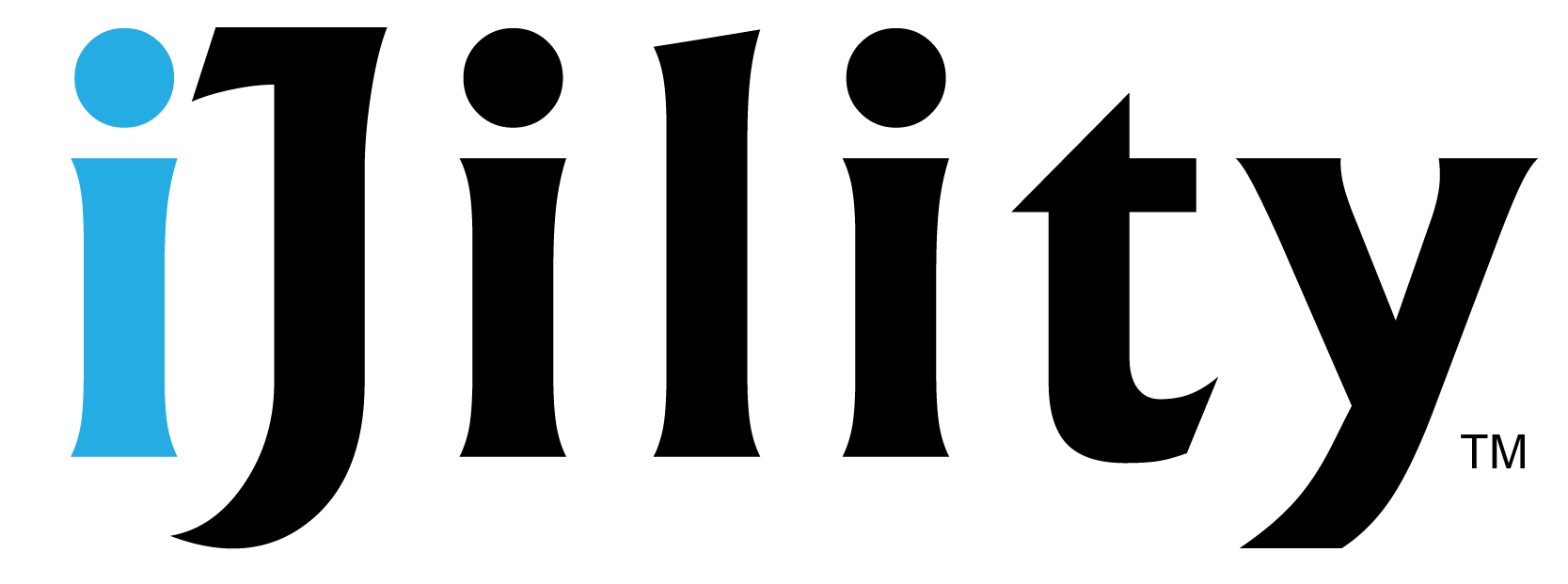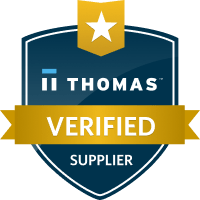
Undoubtedly, tariffs are at the top of everyone’s mind and newsfeed these days. For operations managers in retail and e-commerce, that means tighter margins, more volatility, and a renewed focus on labor productivity. When the cost of imported goods suddenly spikes, the ripple effect hits every part of the supply chain, from sourcing to fulfillment. But for many companies, it’s not just about navigating the tariffs themselves—it’s about optimizing what they can control. And that starts with labor.
Tariffs Are Raising Costs—Operations Must Offset Them
With new U.S. tariffs hitting a broad range of imported goods, retail and e-commerce leaders are once again reworking their sourcing strategies. While some companies are shifting to alternate suppliers, others are absorbing costs or passing them onto consumers. But in every scenario, there’s one common challenge: how to maintain profitability while prices, inventory levels, and customer expectations all shift at once.
For operations leaders, this means rethinking labor models in the warehouse, in packaging, and on the fulfillment line. Can pick-pack teams handle more SKUs efficiently? Are returns being processed fast enough to recapture value? Are seasonal labor spikes adding cost without improving throughput? These are the questions that separate the retailers who weather tariff turbulence from those who get buried under it.
Unpredictable Pricing = Labor-Intensive Workflows
One major pain point retailers are facing: constant price fluctuations and re-ticketing of inventory. As tariffs impact landed costs, companies are having to retag or re-ticket items—sometimes multiple times before a product ever hits the sales floor or ships to a customer.
This process isn’t just tedious—it’s a major operational cost. Re-ticketing slows down warehouse flow, increases room for error, and requires additional labor that many operations teams aren’t staffed for. In some cases, full-time employees are pulled off mission-critical tasks to handle it. In others, companies scramble for temporary workers who often lack the training to move quickly and accurately.
The key isn’t to eliminate this process—it’s to build a labor force that can flex with it.
Why Smarter Labor Is the Strategic Advantage
At a time when product pricing and supply chain timelines are out of your control, your workforce is one of the few variables you can optimize. And right now, companies are winning the margin game not by cutting headcount—but by improving how every worker performs.
Here’s what that looks like:
- Cross-trained teams who can switch between picking, packing, returns, and re-ticketing with zero drop-off in quality.
- On-site workforce management that scales labor up or down based on real-time demand, not outdated forecasts.
- Consistent, year-round labor pools that minimize churn and eliminate the constant onboarding of temp workers.
- Operational training programs that focus on accuracy, efficiency, and ownership—not just clocking in and out.
With a labor model like this, retailers can absorb the disruption from tariffs without sacrificing throughput or customer satisfaction. They can re-ticket quickly. Handle late-arriving inventory efficiently. And staff intelligently during both peak seasons and off-cycles.
Operations Managers Need Flexibility, Not Just Fill-Ins
If your current workforce strategy is still based on short-term staffing fixes, you’re likely already feeling the pressure. Rising wages, inventory changes, and tariff uncertainty aren’t going away—and they’re not something you can just “temp your way through.”
The most effective operations leaders in today’s retail and e-commerce space are investing in long-term workforce partnerships that deliver flexibility, accountability, and performance—without the chaos.
About iJility
At iJility, we don’t offer temporary help—we build custom workforce solutions designed to support your business through volatility. From cross-trained teams to fully managed labor programs, we help retail and e-commerce operations stay efficient, flexible, and productive—even when tariffs and pricing shifts create chaos in the supply chain.
Schedule a discovery call with us today and see how iJility can help turn your workforce into a competitive advantage.
Author: Campbell Diehl


